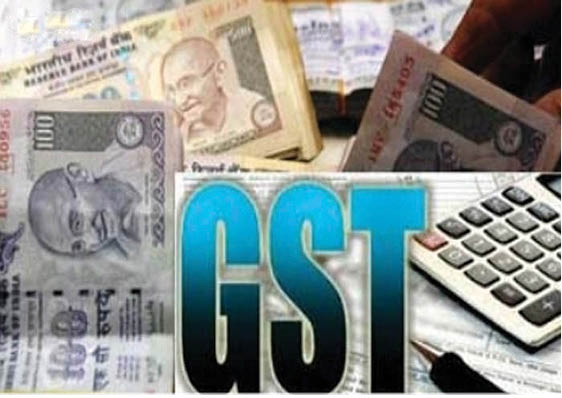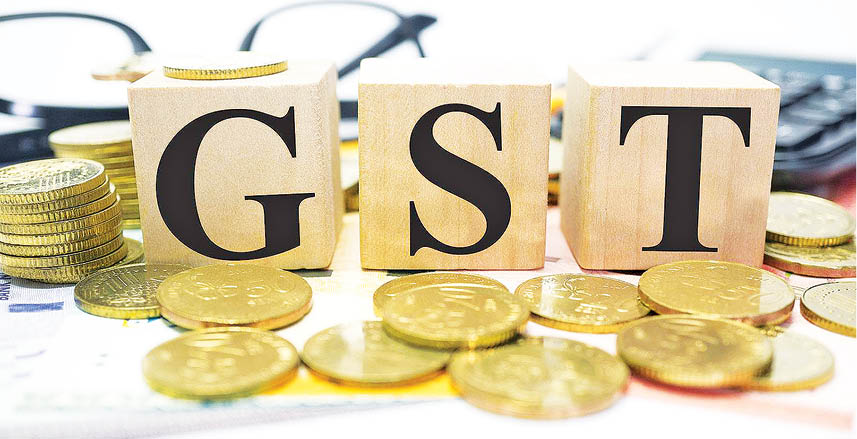The only way to realise your dream is to wake up, and that is the path which our country has chosen. India has awoken to implement one of the greatest reforms of all times – GST or ‘Goods and Service Tax’. Finally implemented, the GST is one indirect tax for the entire nation, which will transform India into a unified, common market. It will replace all indirect taxes levied on goods and services by the Indian Central and State Governments.
Who is liable to register for GST?
Every supplier (including his agent) who makes a taxable supply – i.e. supply of goods and/or services that are liable to tax under GST law; and if his aggregate turnover in a financial year exceeds the threshold limit of Rupees twenty lakhs, he shall be liable to register.
Even so, there is a lot of apprehension and confusion whether the common man will benefit from this or will it be speculative in nature? Here is a better understanding GST:
 Logistics, inventory costs will fall:
Logistics, inventory costs will fall:
Check-posts across all State borders slow down the movement of trucks and ultimately, the delivery of goods. Did you know that in India, they travel only 280 km a day, compared with 800 km in the US? Let’s say a truck is moving goods from Delhi to Chennai. It will pass through around 8 states. During this journey, it will pay a variety of taxes – Octroi, VAT, excise duties and so on. Each source of tax collection is a source of confusion, corruption, and delay. By the time the truck arrives at a destination in a couple of weeks, the consumer bears a huge amount of hidden costs. GST will stop all this cascading of taxes and hidden costs. This will certainly reduce expenses involved in doing business, as also save time!!.
Ease of doing business:
GST will replace 17 indirect tax levies and compliance costs will fall. Also, a robust IT system will be the foundation of the GST regime in India. Hence, all tax payer service will be available online which will ensure compliance is easy and transparent. GST will ensure the indirect tax structure is common across the nation thereby increasing certainty and ease of doing business irrespective of the choice of place of doing business. This will eventually make our products more competitive locally and in the global market.
Boost in tax revenue:
States and Centre will have dual oversight and with strong technological support, GST will be simpler and easier to administer. This will not only plug leakages and reduce corruption but it will also reduce the cost of collection of tax revenues of the government. This will translate to higher tax revenues for the economy. However, in the short term, a high tax rate would spur inflation. Some companies will gain more as the GST rate will be lower than the current tax rates they pay, others will lose out, as the rate will be higher than the present effective rate. But considering that a little over 3% of the entire population pays tax, the numbers of tax payers will certainly increase and improve the state of our economy.
- We Can’t Predict. We Can Prepare! - 31 July2021
- Patience Is The Key - 7 September2019
- Market Crashed? Big Deal! - 27 October2018
